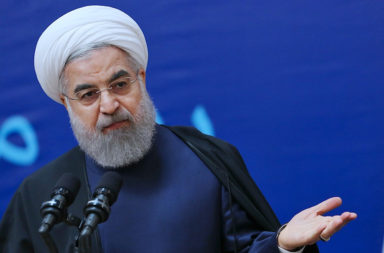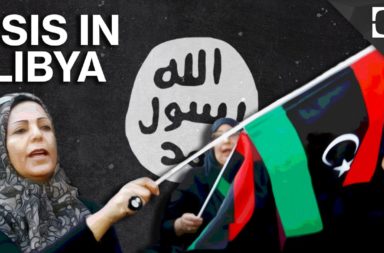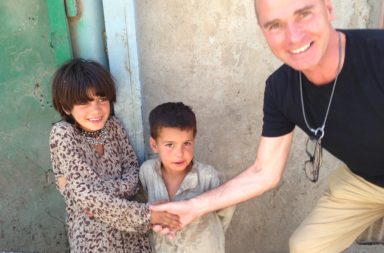This month marks two years – 24 months have passed since Lebanon failed to elect a new president (president Michel Suleiman’s term expired in May 2014 and he had been elected after a long period of waiting, about 17 months).
The Parliament is supposed to elect the president with a two thirds majority and they were reunited for 37 times during that time, without succeeding to elect the future president of Lebanon (according to the Constitution, he is supposed to be Maronite Christian), but most the times there was no quorum during the meeting of the Parliament.
From the very beginning, we have to make clear that the situation of the Lebanese presidential elections does not depend solely on the domestic politics; it is in fact influenced, at least in the same measure if not even more, by several external factors such as Saudi Arabia, Iran, USA, France, Turkey, Russia, Great Britain, and the list can go on.
Why so? Because Lebanon, as we have written before in these pages, is a barometer for the situation in the Middle East.
When the situation in the Levant and the Middle East is getting better, everything in Lebanon turns better. But now there are about 1.5 million Syrian refugees in the country, plus the country’s political and economic-social issues represented by the situation of the Palestinian refugees (about 400,000 in Lebanon). With Syria is on the verge of collapse, and the Russian military intervention supporting Bashar al-Assad, the relations between great international powers as well as between regional powers are all going through a period of reset.
Consequently, the small Lebanon is standing and showing (to those who can read things) both the current situation and the immediate perspective, at least, just like barometer.
But let us look at a most recent picture of the Lebanese political stage
- Two thirds of the 128 MPs is needed to elect the president (86).
- There are eight main political formations in Parliament with a total of 97 seats, and the other smaller parties and independent candidates have 31 seats.
- The Party of Future – led by Saad Hariri – Sunni (pro-Saudi and anti-Assad) has 26 MPs and supports candidate Sleiman Frangieh; the Amal movement – led by Nabib Berry – Shia, the most longevive president of the Parliament – has 13 MPs.
- Katael, the oldest Christian party that played a major role in the country’s politics towards the end of the civil war, has only 5 seats; the Lebanese Forces – Christian, led by Samir Geagea – with 8 MPs, supports Michel Aoun, although during the war they were enemies.
- The Progressive Socialist Party – Druze, led by Walid Joumblat, has 11 MPs.
- The Hezbollah – Shia, led by Hassan Nasrallah, has 12 MPs and supports Michel Aoun.
- The Marada movement – Christian, led by Sleiman Frangieh, is also supported by the Hezbollah for their president.
- General Michel Aoun’s party – the Free Patriotic Movement – has 19 MPs.
Therefore, the Lebanese political scene appears divided, and the treasons (like it happens everywhere in the political world) are happening on and on. However, we need to outline a new element, considering that the Hezbollah plays a more important role than represented by their 12 MPs. According to our assessment, the Hezbollah controls about 30% of the social-economic life of the country, it is the only organization with own armed forces (a situation justified till now because they are fighting against Israel for the south of Lebanon). Also, the Hezbollah has its own communication networks in Lebanon, it has a business structure developed both on domestic level (with an important social component) and external level. Furthermore, they are supported by Iran, so they are playing an important political military role in the country of cedars.
On external level, the situation in Lebanon is influenced the most by the disputes between Iran and Saudi Arabia. Riyadh intended to grant a 3 billion dollar military loan to Lebanon, but they gave up almost at the last moment, as they considered that the influence of Tehran is too big in Beirut.
The USA, with their foreign policy without vision in the Middle East lately, should bring Riyadh and Tehran closer so that the situation turns into better between the two, but such thing is very unlikely at least a while after the election of the new American president.
In conclusion, in the fight between Michel Aoun and Sleiman Frangieh, the two candidates for presidency, it not impossible that a third candidate might win: general Jean Kahwajli, the commandant of the Lebanese armed forces, who could be a consensual candidate, following the model of Michel Suleiman. Nevertheless, Lebanon remains without president so far.




